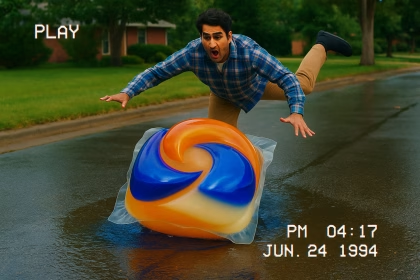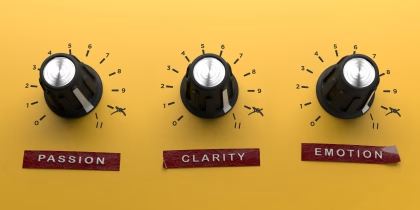Peer problems are frequently associated with difficulties in recognizing and appraising the emotions of others. It has been argued that facial responsiveness to others’ emotions—or motor empathy—is a precursor of emotion processing and affective empathy. Although mimicry impairments have been observed in studies of young people with conduct problems, to our knowledge no study has examined facial responsiveness to others’ expressions in young children and examined how this relates to peer relationship problems. Four- to 7-year-old children (n = 91) with or without teacher-reported peer relationship problems (Strength and Difficulties Questionnaire) viewed three dynamic film clips depicting a sad, happy, or scared child, while their spontaneous facial emotional responses were assessed using iMotions software that codes the movement of facial muscles. Children displayed facial expressivity that was congruent with the emotional expressions in the clips. Groups with and without peer problems did not differ in their responses to seeing a happy child. However, children with peer problems exhibited reduced or atypical facial emotional responses to the negative emotional clips. Decreased or atypical facial expressivity to negative emotions was also associated with severity of peer problems; atypical facial responsivity to sadness and reduced facial responsivity to fear predicted peer problems independently of one another. We conclude that reduced or atypical facial expressiveness in response to other children’s dynamic facial expressions is associated with problematic peer relations in young children. The implications for early identification and interventions to support prosocial development are discussed.
Related Posts
-

More Likes, More Tide? Insights into Award-winning Advertising with Affectiva’s Facial Coding
Consumer Insights
-

Why Dial Testing Alone Isn’t Enough in Media Testing — How to Build on It for Better Results
Consumer Insights
-

The Power of Emotional Engagement: Entertainment Content Testing with Affectiva’s Facial Expression Analysis
Consumer Insights
-

Tracking Emotional Engagement in Audience Measurement is Critical for Industry Success
Consumer Insights



